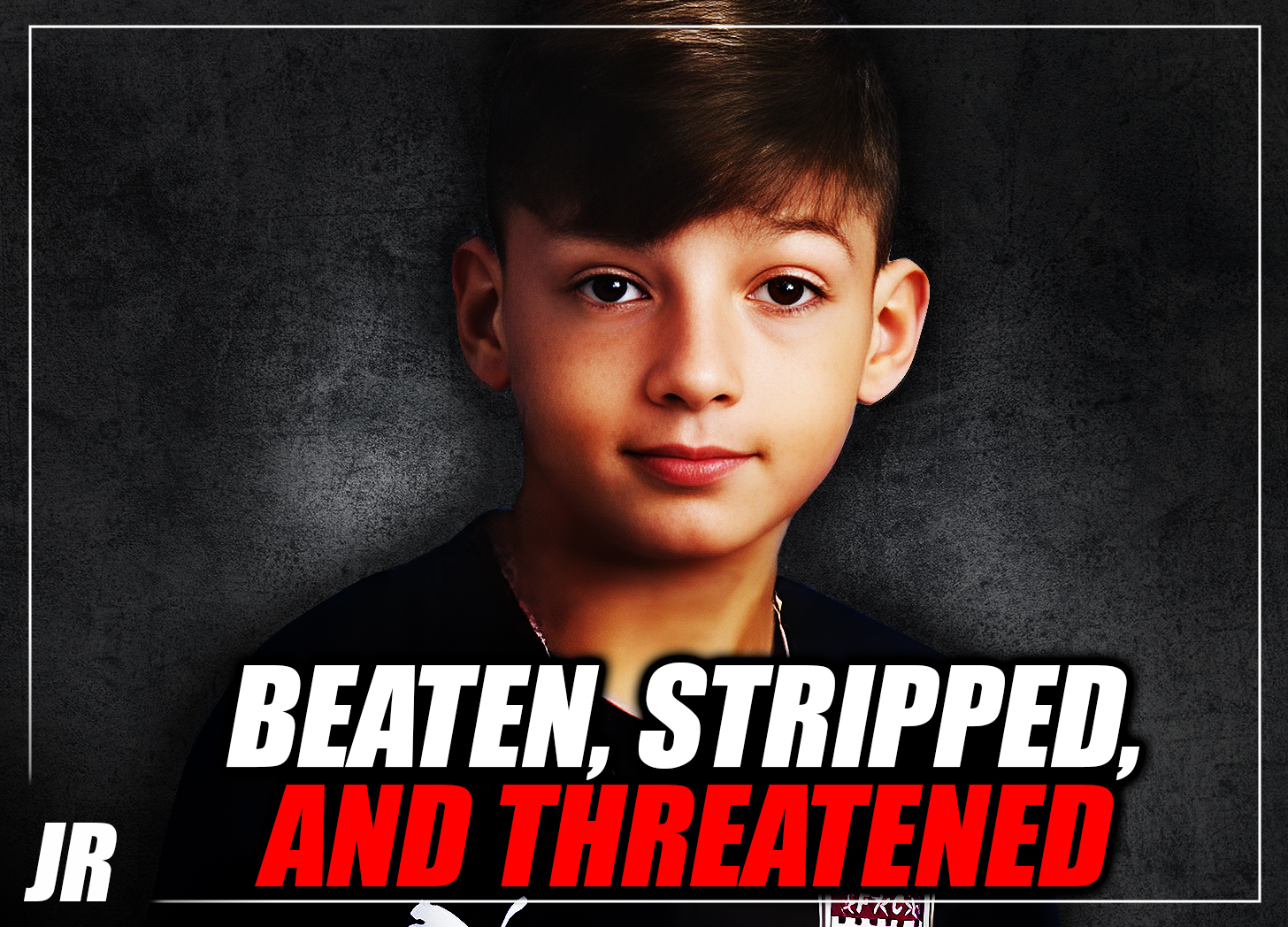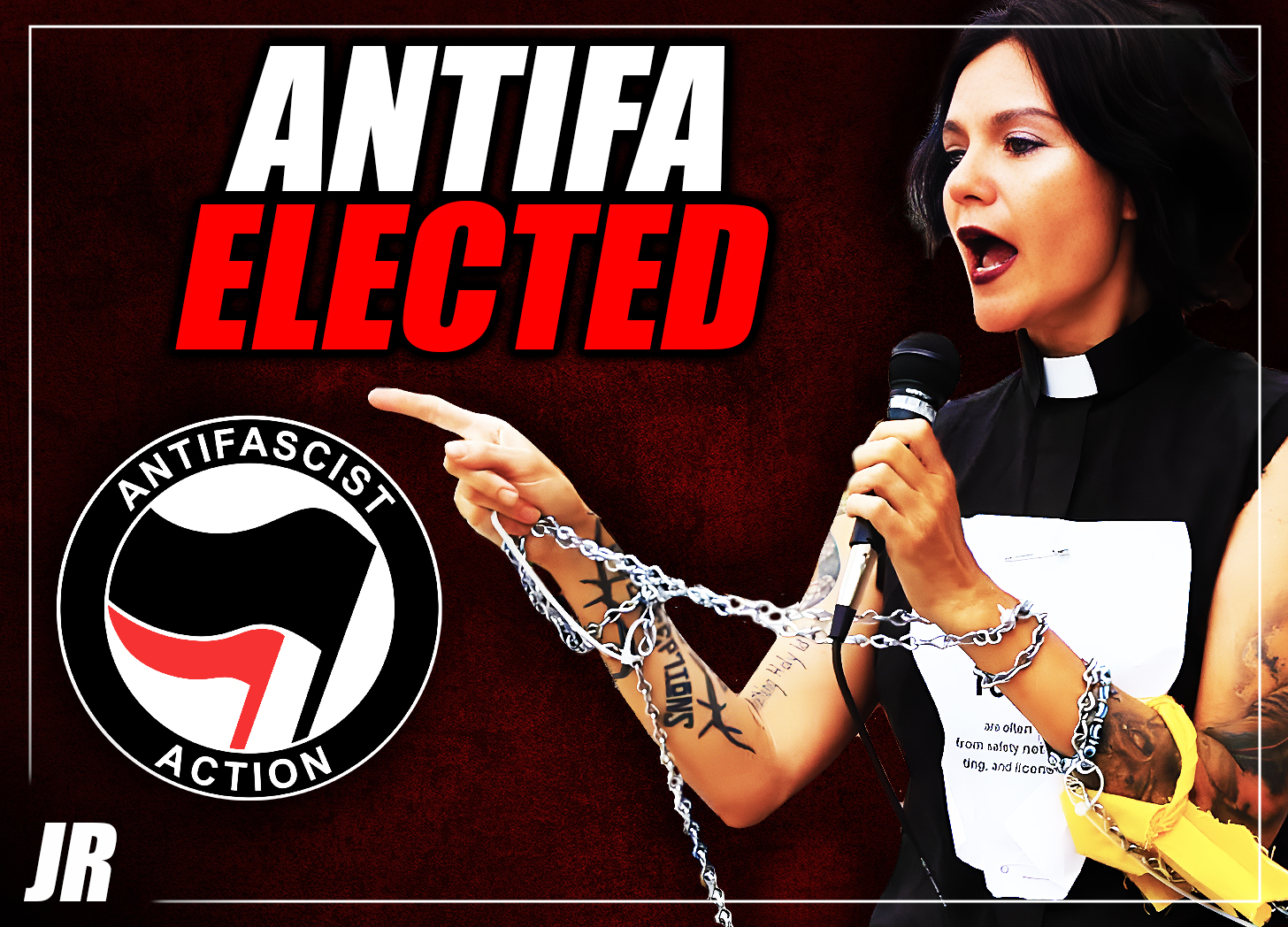Providence Village, Texas – In a stunning blow to public safety rights, lawmakers have now made it illegal for local housing authorities to bar Section 8 tenants from renting in their neighborhoods. The dangerous move comes in the wake of a predominantly White neighborhood banning federally subsidized renters after a string of violent incidents—including two murders—erupted inside their once peaceful community.
Known as House Bill 1193, the law—hatched by House Democrat Chris Turner—would not have been made possible without support from local Republicans across the aisle. Having buckled under accusations of racism, many now believe that the ostensibly “law and order” conservatives were some of the first to betray their constituents and effectively turn their back on many White families clamoring for law and order.
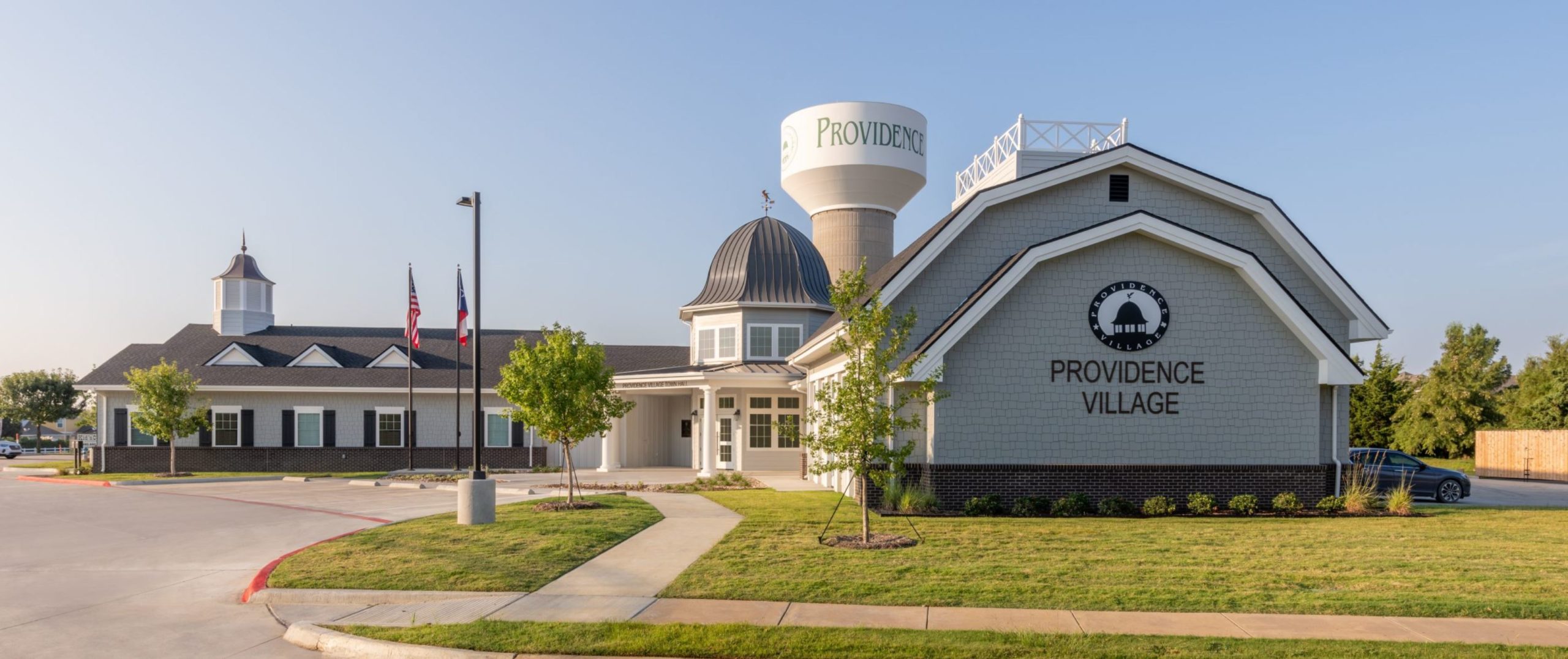
In a session to approve Turner’s controversial bill, the Republican-dominated Texas Legislature came out in favor of Section 8 tenants, breaking ranks and joining forces with House Democrats. With only a token resistance left to stop it, the bill quickly passed, with all but six Republican votes coming out against the bill. The apparent failure of the two-party system in Texas has now effectively paved the way for the continued erosion of White communities at a time when crime and racial dysfunction continue to skyrocket.
“We simply cannot allow these associations to become a vehicle for discrimination,” said Rep Turner, a politician who once played a key role in helping suppress freedom of speech on the internet. “Section 8 Vouchers assist low income Texans in affording decent, safe, and sanitary housing. There is no reasonable justification for banning these residents from living in any neighborhood.”
For a long time, Texas remained one of the few states in America that allowed local housing authorities to bar Section 8 entry into discerning neighborhoods. After House Bill 1193 was passed, however, the long-standing practice will no longer be accessible to Texan residents when it comes into effect on September 1st, 2023. Turner referred to the previous law as “overt discrimination” against Blacks and thanked local “housing advocacy groups” for their support of his new bill.

The tearing down of the long-standing order in the Lone Star State occurred after Providence Village—a town just shy of 8,000 predominantly White residents near Dallas—began to experience a troubling rise in violent Black crime. Many locals believed the violence stemmed from an influx of Black families moving into the town with the assistance of Section 8 rent vouchers issued to them by the federal government.
In response, the Providence Homeowners Association (PHOA) enacted a law in the summer of 2022 banning landlords from renting their properties to Section 8 recipients to curb outright bloodshed that went previously unheard of in sleepy Providence. But because a vast majority of Section 8 Housing recipients moving into Providence Village were Black, advocates like Turner were quick to cry racism and overturn the ruling. Some Black residents even reported a “dangerous” atmosphere and complained of “death threats” in the wake of what can only be considered effective organizing against criminal elements.

“It’s gotten a little dangerous to the point where I can’t let my kids go to the pool or go anywhere outside of the home because of all the threats I’ve received,” said Revisha Threat in an interview with WFAA-TV. “I sit in my living room and cry because I just don’t know what to do.”
Threat’s claims appear to contradict the deadly realities of a town like Providence Village. In 2020, Providence’s dalliance with Black violence kicked off wholesale, after a brutal double murder took the lives of a mother and her son at the hands of a criminal who police alleged, was Black.
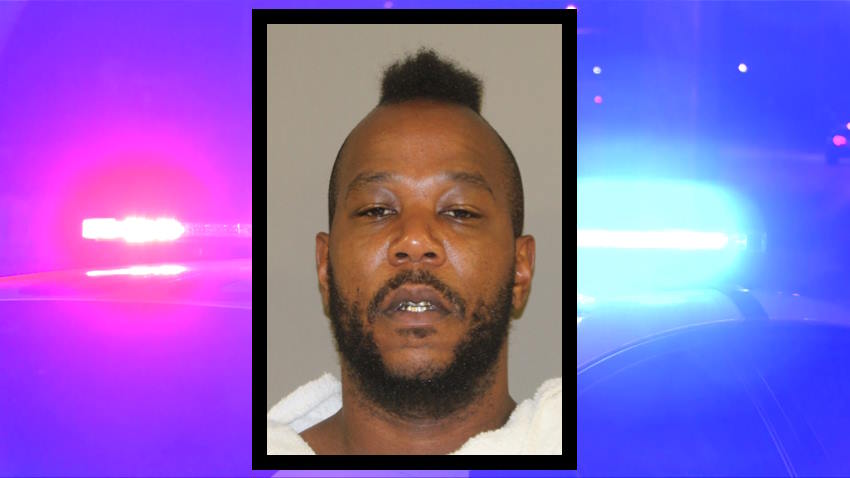
In 2021, the violence reached a boiling point when a 14-year-old Black boy was alleged to have stabbed a 16-year-old White boy multiple times on the pavement of a local basketball court. In both instances, the crimes were located inside Providence Village, leaving one to question which party has the true right to claim victimhood. Law-abiding White families, or Black ones?
So far, thirty new Section 8 families have moved into the neighborhood after the PHOA’s pro-Safety rule was put on pause. Now, a whopping 91% of Section 8 families living in Providence are Black, with 94% classified as a “Female Head of Household” according to a press release from the Denton Housing Authority, which oversees Providence Village. 61% are listed as being children, and 30% are disabled, per the data provided.
The board of directors for the PHOA said it would comply with the new law, and recently adopted a new set of rules that no longer contain a ban on Section 8 families.
“We will continue to fight for our homeowners every day because every resident deserves security and comfort in their home and community,” said the board. But without protections from the State, it’s unclear what the newly defanged PHOA can do without substantial grassroots political support from the greater community.
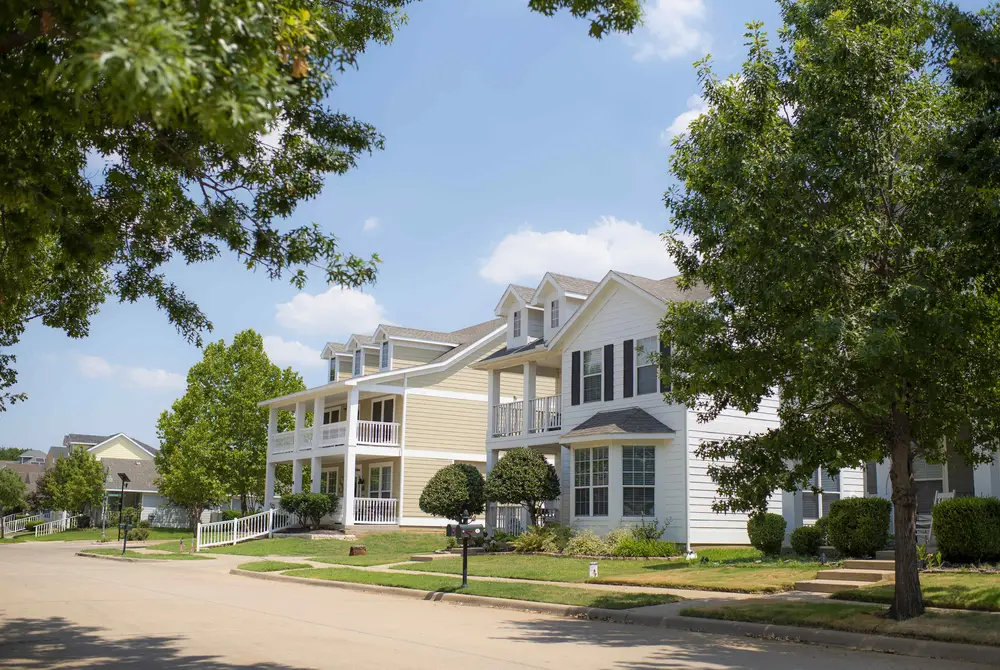
The town of Providence Village was—quite literally—crafted to have the best in mind for its residents, ever since its inception in the early aughts as a “master-planned” community. The town’s population sits at a robust 61% non-Hispanic White, according to the 2020 US Census Report, which is impressive considering its spot well within the tumultuous southern border state. The new laws, however, could see the demographics of Providence spiral downward, irrevocably changing the landscape of a happy White community that has existed in spite of America’s worsening racial issues.
The State of Texas itself has long suffered from the effects of non-White criminality, with racial bloodshed being the ultimate culmination of an explicitly anti-White system. In 2021, the nation was rocked to its core after a 4-year-old White boy was kidnapped from his crib and stabbed to death by a Black man in nearby Dallas. Justice was later denied when the suspect, Darriynn Brown, was found to be incompetent to stand trial amid defense claims that Brown existed in a “trance-like” state when the murder unfolded.
In 2022, Black serial killer, Billy Chemirmir, was sentenced to life in prison for killing 22 elderly women in North Texas over a two-year span. His victims—mostly White women—were specifically targeted for their perceived weakness and killed after he entered their rooms in assisted living homes masquerading as a repairman. Despite the abhorrent evil of his crimes, the local system appeared hesitant to apply the death penalty, prompting a local woman to start a grassroots call-in campaign to District Attorney’s offices in a bid for justice.
Have a story? Please forward any tips or leads to the editors at [email protected]


















